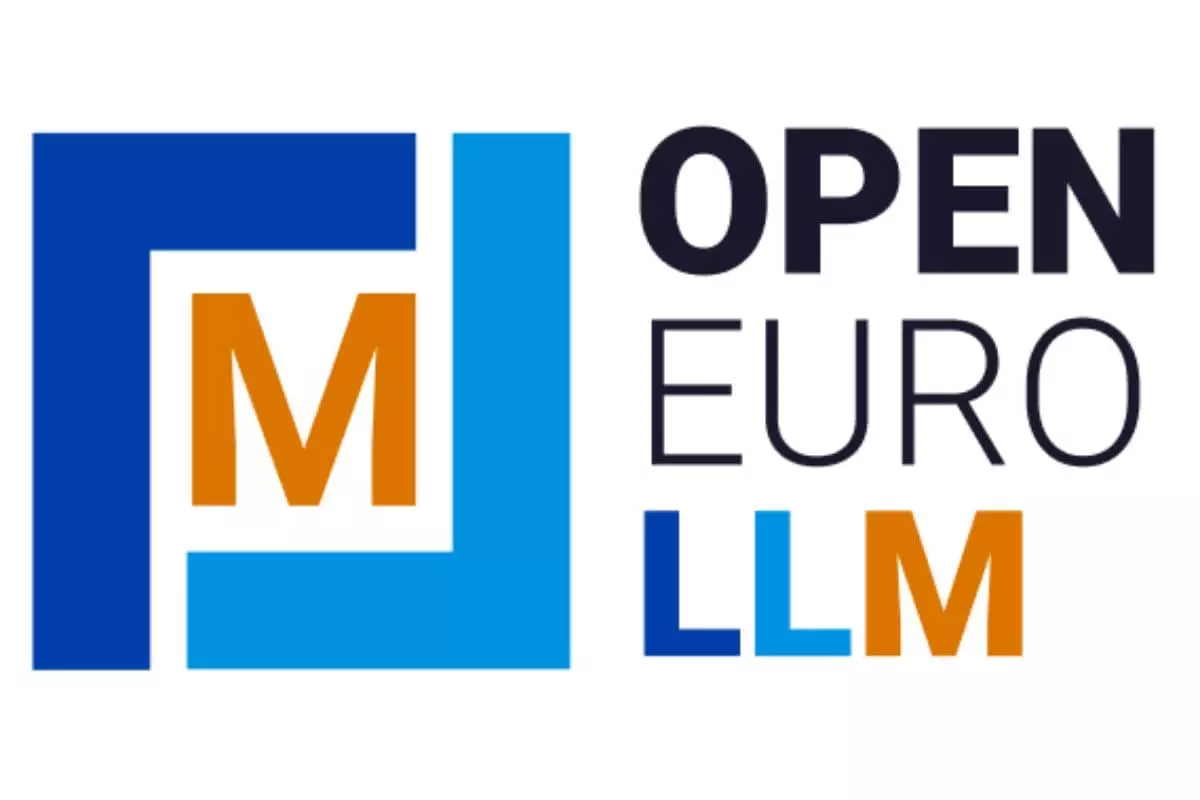On Monday, the OpenEuroLLM Project was unveiled as a groundbreaking venture aimed at developing open-source artificial intelligence (AI) models across Europe. This initiative, backed by the European Commission, carries significant weight, as it recently received the Strategic Technologies for Europe Platform (STEP) Seal—an early indication of its importance in the tech landscape. The STEP Seal, which is awarded to projects that meet stringent quality criteria under the Digital Europe Programme, highlights OpenEuroLLM as a noteworthy contender in the evolving AI landscape.
The significance of this project lies not just in its backing but in its ambitious goals. The consortium, which consists of 20 research institutions, private companies, and EuroHPC centres, seeks to create a suite of multilingual large language models (LLMs) that can understand and generate text in all EU languages. This aims to bridge the gap in AI capabilities within Europe, ensuring that linguistic and cultural nuances are preserved and respected.
Encouraging Transparency and Compliance
One of the standout features of the OpenEuroLLM Project is its commitment to transparency and regulatory compliance. Operating within the framework set by the EU, the project aims to develop models that not only perform well but also adhere to ethical standards. From data procurement processes to model deployment, every step will be documented and open to scrutiny, ensuring stakeholders can trust the source and function of these AI models.
By providing comprehensive documentation alongside the LLMs, including training codes and evaluation metrics, the consortium aims to empower the open-source community, encouraging developers and organizations to adapt these models for specific commercial or public sector applications. This approach signals a move towards democratizing access to AI technologies, enabling smaller entities to leverage advanced tools without the prohibitive costs commonly associated with proprietary systems.
The OpenEuroLLM initiative is not just about technological advancement; it’s also an effort to consolidate Europe’s position in the global AI market. With the support of the European Commission, there is an expectation that this initiative will attract further investment, enhancing the continent’s competitiveness. As AI continues to evolve rapidly, having a robust foundation of multilingual models can assist local industries in better serving diverse populations and significantly contribute to economic growth.
The statement from the project emphasizes the potential of these open-source models to level the playing field for European companies, providing them with the tools they need to innovate and excel internationally. In addition, the hope is that public organizations will benefit from improved AI capabilities in delivering services, which could lead to more effective public policy and community engagement.
While the OpenEuroLLM Project has made significant strides, the path ahead remains to be fully charted. Currently, there is no roadmap available specifying the timeline for the release of these multilingual models or their targeted applications. This uncertainty raises important questions about how quickly these technological advancements will materialize and how effectively they can be tailored to meet diverse needs across sectors.
Nonetheless, the commitment to transparency and the aim to foster a collaborative environment present a hopeful outlook for the future of AI in Europe. As countries look to navigate an increasingly digital world, initiatives like OpenEuroLLM could serve as pivotal steps toward establishing robust and responsible AI practices that ensure inclusivity and promote regional strength in the global arena.

Leave a Reply